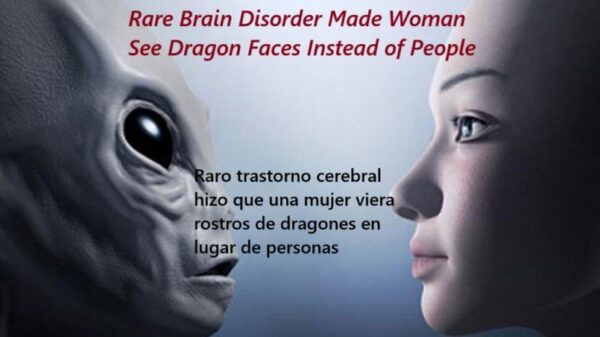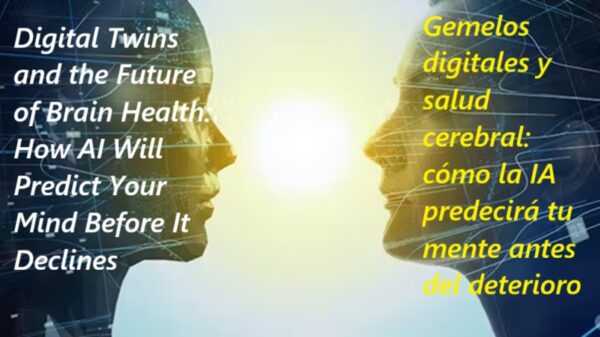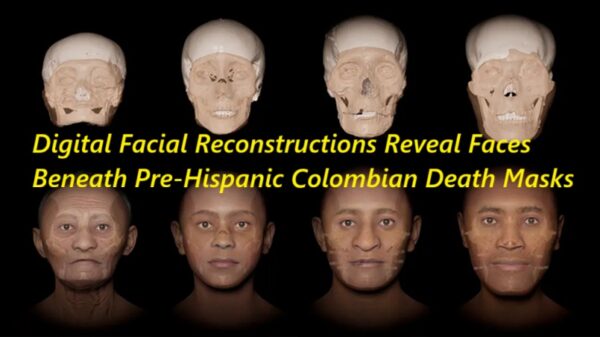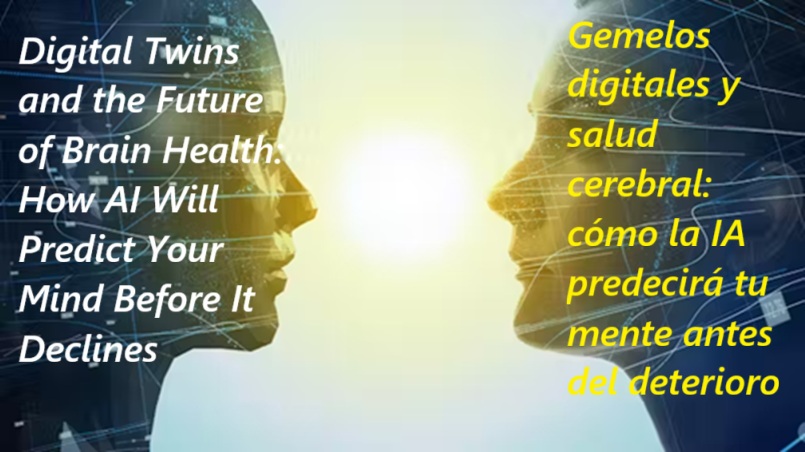When we hear the word “twins”, we usually imagine two look-alike people who share similar appearance and maybe even similar habits. But in technology, “digital twins” means something entirely different — and much more powerful.
A digital twin is a virtual copy of something that exists in the real world — a smart model that constantly learns from real-time data and predicts what might happen next. Think of it as a living mirror that doesn’t just reflect reality, but understands it, learns from it, and evolves with it.
This technology is already transforming entire industries. Airlines use digital twins to detect mechanical failures before they happen. Car manufacturers simulate millions of driving situations to improve safety. Factories optimize production in real time. And now, agriculture is using digital twins to predict how climate change will impact crops.
But in medicine, the impact could be revolutionary.
Doctors are now building cardiac digital twins — virtual hearts that behave exactly like a real person’s heart. They can simulate how a specific patient will react to a treatment or arrhythmia — without risking a single heartbeat in real life.
This is the beginning of predictive, personalized and risk-free healthcare — where doctors don’t simply react to disease, but simulate the future before making a decision.
What if we apply this to the human brain?
Cognitive and mental health shape our quality of life, yet conditions like depression, anxiety and neurodegeneration are still difficult to predict early.
This is where artificial intelligence (AI) steps in.
A team of scientists from Duke University, Columbia University, Nebrija University and CogniFit has developed digital cognitive twins — virtual models that simulate how your brain, emotions and habits behave and evolve over time.
These twins learn continuously from devices many of us already use — smartwatches, sleep trackers, stress monitors — and can one day predict cognitive decline before it begins. They could warn you months before memory loss or attention problems even become noticeable.
This goes far beyond the simple “brain games” of the past. These new systems are dynamic, medically supervised, AI-driven and completely personalized. They adapt in real time, like a digital health co-pilot.
Of course, challenges remain — privacy, ethical AI decisions, and access for older or less tech-savvy people. But the potential is massive: research shows technology can delay both normal and pathological cognitive decline.
Just as carrying a smartphone once felt futuristic — soon, having a digital twin monitoring, protecting and guiding our brain may become completely normal.




























